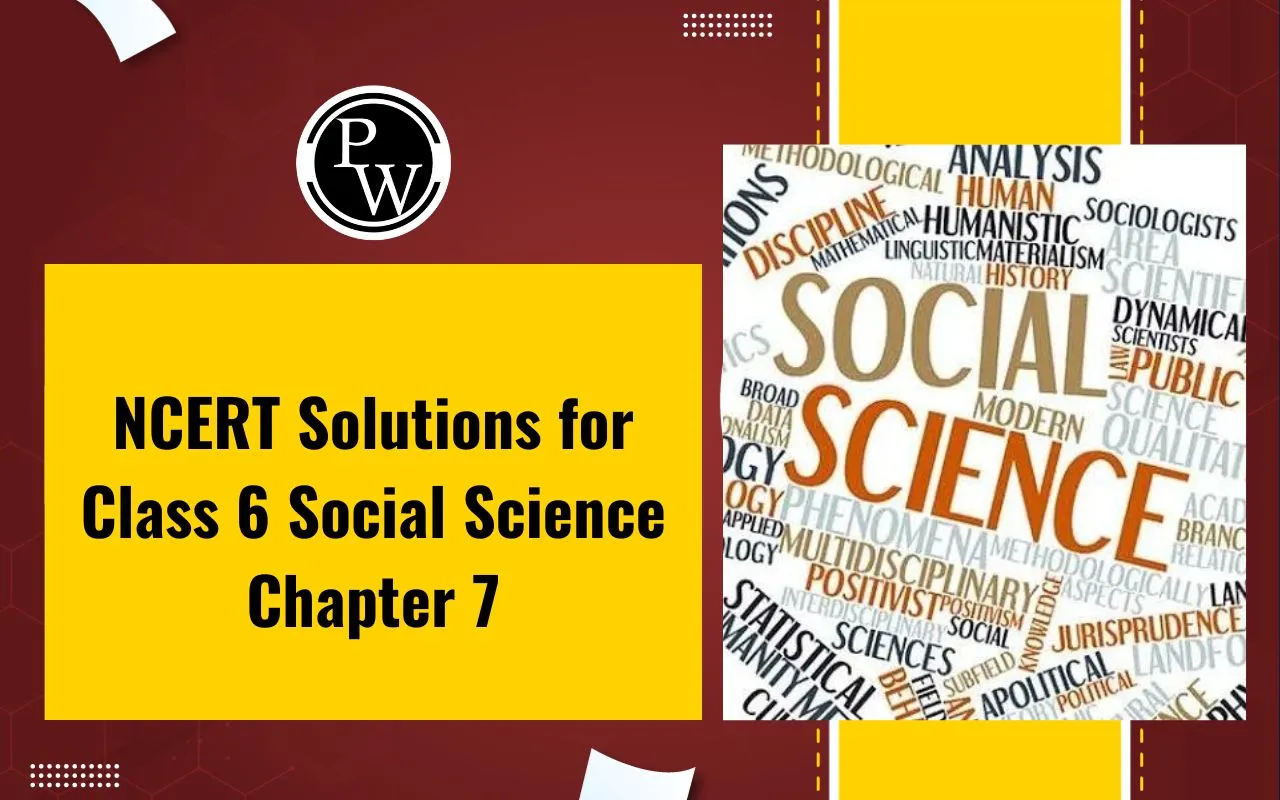

Usually, antimony(v) chloride is referred to as antimony pentachloride, or antimony per chloride. There is no colour to the Antimony V Chloride Formula, and it is almost like an oil in texture. Due to the impurities in the compound, it gradually acquires a reddish-yellow hue and it is highly corrosive.
The chemical compound Antimony V Chloride Formula is colorless, but its distinctive samples often appear yellowish due to impurities. This compound has a strong tendency to hydrolyze, resulting in the formation of hydrochloric acid. Additionally, it is incredibly corrosive and can cause non-fluorinated plastics to carbonize. As a versatile reagent, Antimony V Chloride Formula can act as a Lewis acid catalyst in a variety of organic reactions including isomerization, rearrangements, electrophilic aromatic substitution, preparation of carbonation and onium ion complexes, and halogenation.
Structure Of Antimony(V) Chloride
It has a molar mass of 299.01 g·mol −1 . In the structure of the antimony, 5 chloride atoms surround Sb. The gaseous SbCl5 has a completely trigonal bipyramidal structure.
In its chemical formula, Cl 5 Sb or SbCl5, antimony 5 chloride atoms surround Sb. Furthermore, the gaseous form of SbCl5 is trigonal bipyramidal.
Preparation of Antimony Pentachloride
We can prepare antimony pentachloride by saturating molten antimony trichloride with chlorine, followed by vacuum distillation. We can also prepare it by chlorinating antimony oxides or sulfides directly.
Also Check – Elevation of Boiling Point Formula
Reactions
The hydrolysis of antimony pentachloride results in the production of both hydrochloric acid and antimony oxychlorides. In the presence of an excess of chlorine, this reaction is suppressed due to the formation of the hexachloridoantimonate complex ion.
(SbCl5 + Cl − → [SbCl6] − ).
This compound also exists as a monohydrate (SbCl5·H 2 O) and tetrahydrate (SbCl5·4 H 2 O), and forms adducts with many Lewis bases. It ranks as a standard Lewis acid on the Gutmann scale of Lewis basicity and is also a strong oxidizing agent. Exposure to air causes it to react with fumes, producing hydrochloric acid. When exposed to water, it produces heat, antimony pentaoxides (Sb 2 O 5 ), and hydrochloric acid.
Also Check – Chemistry Formula For Solubility Product
Uses of Antimony(V) Chloride
In organic compounds, the Antimony V Chloride Formula is used as a catalyst to replace fluorine substituent with chlorine. Besides being a very strong Lewis acid, it is also a very effective chlorine carrier. The chloride is lost in a number of reactions that result in the clear formation of adducts. Besides being an analytical tool for dying intermediates, it is also a polymerization catalyst.
Also Check – Ammonium Nitrate Formula
Antimony(V) Chloride Safety and Health Hazard
The Antimony V Chloride Formula is very corrosive, and is therefore best stored away from heat and moisture. Inhaling it can cause irritation to the throat and nose. If ingested, it causes vomiting and burns on the mouth and stomach. Ingestion can cause bad cases of burns on the skin and eyes. There is a high risk of bloody stools, slow pulses, comas, low blood pressure, and cardiac arrest resulting from overexposure to the Antimony V Chloride Formula by any route.
Antimony(V) Chloride Formula FAQs
Q1. What is the formula for antimony(V) chloride?
Q2. How is antimony(V) chloride formed?
Q3. What are the properties of antimony(V) chloride?
Q4. What are the uses of antimony(V) chloride?
Q5. Is antimony(V) chloride dangerous?












